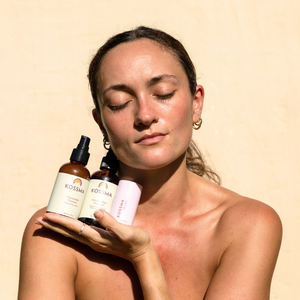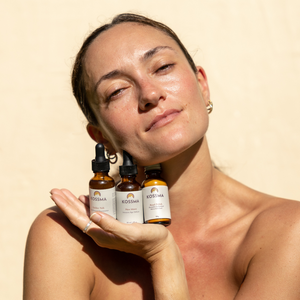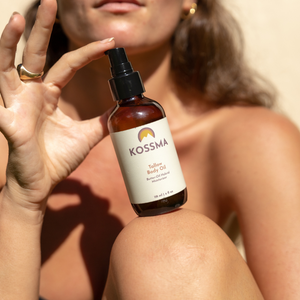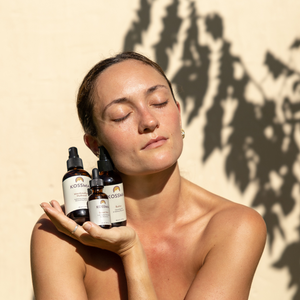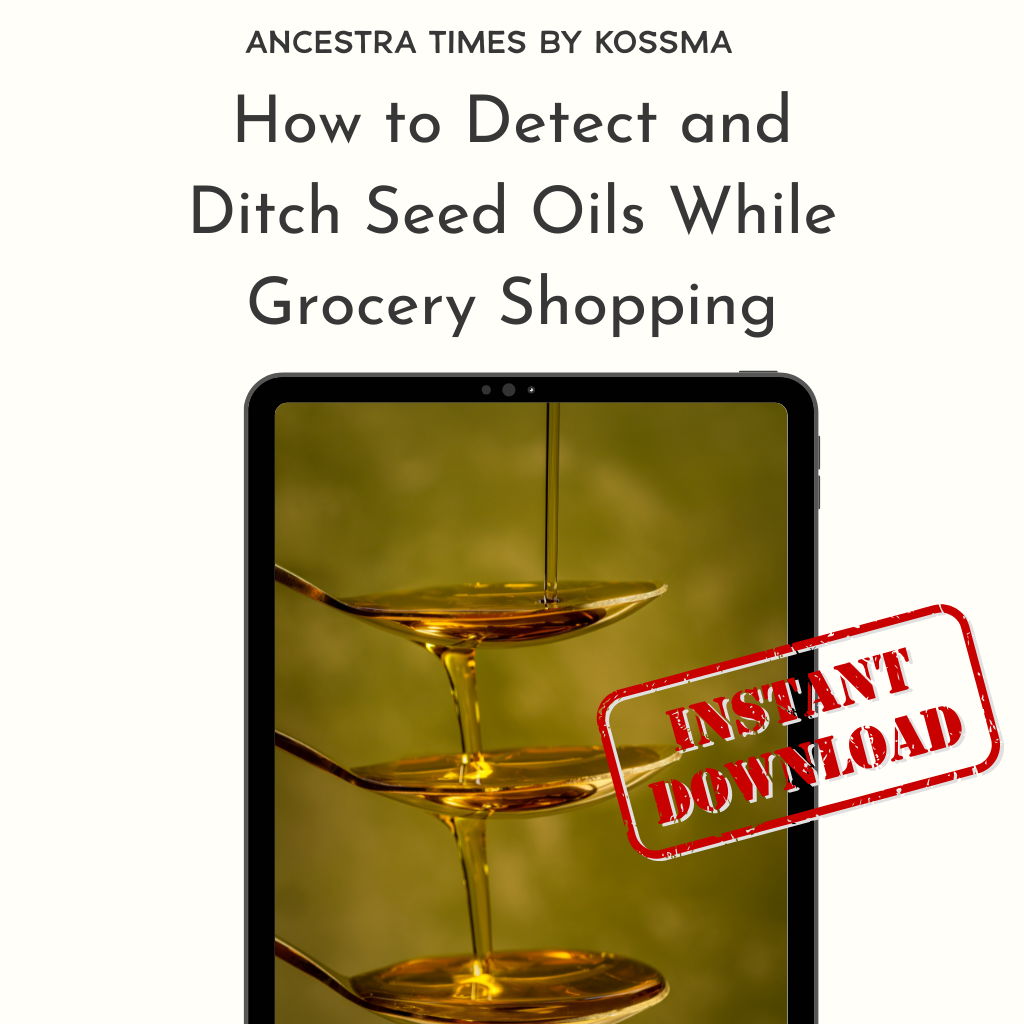A Practical Guide to Spotting and Avoiding Seed Oils at the Grocery Store | Digital Download
Description
Seed oils are often a concern because they are high in linoleic acid, a polyunsaturated fat (PUFA). These fats are more prone to oxidation, which can lead to the formation of free radicals and contribute to inflammation and oxidative stress in the body.
For a healthier approach, it helps to be mindful of the types of fats you consume by choosing more stable, healthy fats and oils whenever possible.
In this guide, I share a list of common seed oils that are added to the foods we eat, how to identify them on ingredient labels while shopping, and which fats and oils to replace them with instead. With this knowledge, you’ll be able to make more informed choices about packaged foods and cooking fats for yourself and your family. While it may feel overwhelming at first, the process is actually very straightforward with this guide!
Digital Download | Delivered via email

